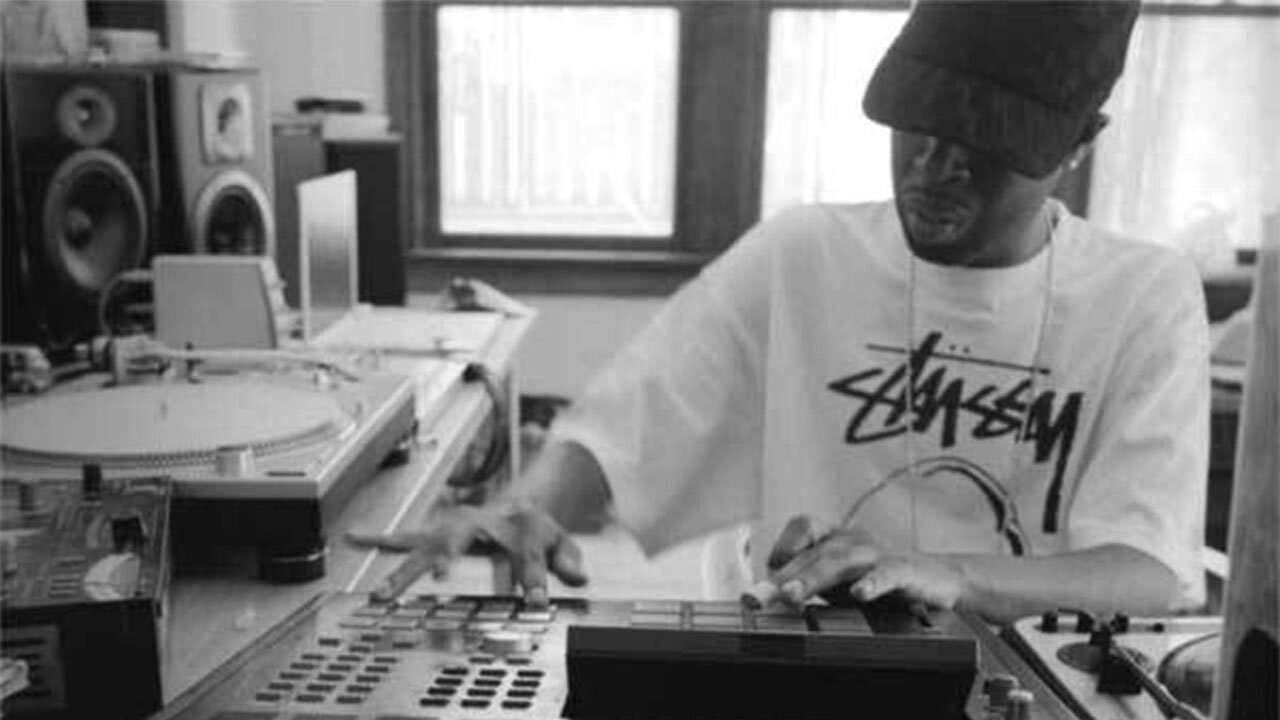Is Sampling Stealing? A Look Into the Politics of Sampling in Hip-Hop
By Luke Mudugno
As hip-hop fans, we would call producers like Madlib, Kanye West, Dr. Dre, and J Dilla masterminds and geniuses. But others in the music industry would call them talentless thieves.
The year is 2015, and alternative-rock artist Beck has just won album of the year at the Grammys for his project Morning Phase. As Beck approached the mic to give his acceptance speech, Kanye almost had another Kanye moment, approaching the mic as if he had a gripe with Beck, but then hesitantly pulling away and rushing back to his seat. Later, West claimed that Beck should’ve given his award to Beyonce instead. “Beck needs to respect artistry and he should have given his award to Beyoncé, and at this point, we tired of it," said West.
Following standard procedure after an inflammatory Kanye comment, Ye’s comment made the media rounds, as each outlet took their turn belittling West. None of this is news, as Kanye has a long, documented history with the antagonization of his character by the mass media. But an important debate stemmed from the response to Ye’s comment.
Music media and social media alike pointed out that Beck made original music through his inherent talent as an instrumentalist, while West simply “steals” real music through his sample-heavy production.
Although sampling has been around before the conception of hip-hop as a genre, it has always been a polarizing subject in the music industry. Sampling is defined as the reuse of a portion of a sound recording in another recording. Samples may comprise rhythm, melody, speech, sounds, or entire bars of music, especially from soul records, and may be layered, equalized, sped up or slowed down, repitched, looped, or otherwise manipulated.
Producers who frequent sampling walk a legal tightrope. In order to sample a piece of music, you generally are required to get permission from both the owner of the copyright of the music (usually record companies) and the owner of the sound recording. Without this permission, an artist who utilizes a sample is liable and can be sued for copyright infringement. Getting this permission can often be an intricate mixture of legal procedures and industry politics. When an artist requests permission to use a sample, the answer hinges on their relationship with the artist’s work they’re using. For example, In 2018, Drake put his widely celebrated mixtape So Far Gone on streaming platforms for the mixtape’s 10th anniversary. Before the project hit Spotify or Apple Music, Drake requested clearance from Kanye West, for his sampling of 808s & Heartbreak standout “Say You Will” for So Far Gone’s “Say What’s Real.” At the time, Ye and Drake weren’t on good terms, as Drake accused Kanye of telling Pusha T about his secret son, leading to his nuclear diss record “The Story of Adidon.” Due to their strained relationship, Ye denied clearance for the sample, posting a screenshot of Drakes's request on Twitter with the caption, “This proves s**t faker than wrestling… By the way, not cleared.” Although the track appeared on streaming platforms months later, it wouldn’t have come without a change of heart from Kanye and Def Jam (owner of the copyright). Relationships between artists and record companies play a significant role in the clearance of samples.
Plenty of notable artists have been sued for unauthorized samples, including JAY-Z for samples used on hit song “Big Pimpin,” Vanilla Ice for his legendary song “Ice Ice Baby,” and Baauer, the artist behind the viral sensation “Harlem Shake.”
Besides the legal factors, sampling is viewed by some outside of the music industry as stealing or a production quality that isn’t creative. But sampling is simply not stealing. If used in the incorrect way, at worst, it’s copyright infringement, which is implicitly different than theft. And at this point in music, how can anyone be entirely creative in anything they do? In an industry as saturated as the music industry, nothing an artist does is truly 100% original. Every flow, rhyme scheme and even some lyrical content has been derived and developed from the styles and trends established by prior artists. Even the most creative artists of our generation are inspired by artists of the past, taking certain attributes of their artistry and incorporating it into their own, and sampling is no different.
Thanks for reading! Make sure to follow us on Instagram, Facebook, & Twitter to get updated whenever we post:









